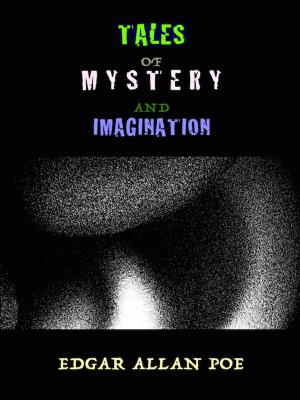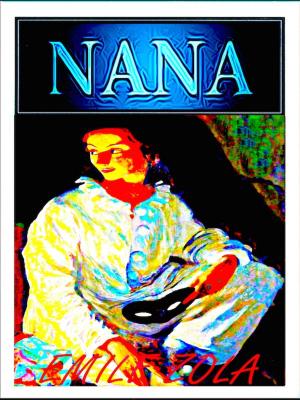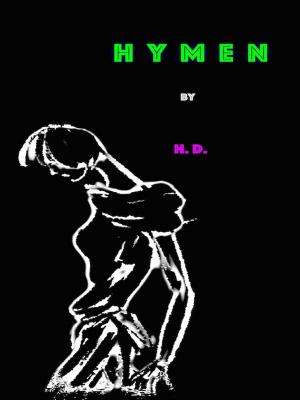| Author: | Octave Uzanne | ISBN: | 1230001995480 |
| Publisher: | Editions Artisan Devereaux LLC | Publication: | November 8, 2017 |
| Imprint: | Language: | English |
| Author: | Octave Uzanne |
| ISBN: | 1230001995480 |
| Publisher: | Editions Artisan Devereaux LLC |
| Publication: | November 8, 2017 |
| Imprint: | |
| Language: | English |
“As to electricity, that will often be found on the individual himself. Each will work his pocket apparatus by a fluent current ingeniously set in motion; the whole system may be kept in a simple opera-glass case, and suspended by a strap from the shoulder...”
The End of Books is great fun for fans of modern technology. Octave Uzanne’s 1894 article for Scribner’s Magazine is little short of visionary: The article begins with a group of eight gentlemen, Uzanne in their midst, who have just attended a conference where Sir William Thomson, eminent British physicist and professor at Glasgow university, has cheerfully predicted the end of the world in ten million years.
In turns, they debate subjects of interest: James Whittemore predicts the rise of the Americas and the decline of the Old World.
Julius Pollock imagines a vegetarian future, where nutrition will come in the form of powders, syrups, pellets and biscuits.)
Arthur Blackcross, rails against modern art’s immanent decline into mediocrity, predicting that art will become a closed aristocracy of a dozen individuals per generation, while cheap mass-produced imagery “…art photography in colors, photogravure, illustrated books, will suffice for the gratification of the masses.”
And finally, Uzanne takes a look into the future—and with only the slightest stretch of the readers’ imagination—predicts the advent of radio, television, computer tablets, and Bill Gates’ favorite conceit, “Information at our fingertips.”
OCTAVE UZANNE (1851–1931) was a 19th-century French bibliophile, writer, publisher, and journalist. He published works by the Marquis de Sade and Baudelaire. In his The End of Books he brilliantly anticipated the invention of the audio book, home cinema, earphones and the portable music device.
“As to electricity, that will often be found on the individual himself. Each will work his pocket apparatus by a fluent current ingeniously set in motion; the whole system may be kept in a simple opera-glass case, and suspended by a strap from the shoulder...”
The End of Books is great fun for fans of modern technology. Octave Uzanne’s 1894 article for Scribner’s Magazine is little short of visionary: The article begins with a group of eight gentlemen, Uzanne in their midst, who have just attended a conference where Sir William Thomson, eminent British physicist and professor at Glasgow university, has cheerfully predicted the end of the world in ten million years.
In turns, they debate subjects of interest: James Whittemore predicts the rise of the Americas and the decline of the Old World.
Julius Pollock imagines a vegetarian future, where nutrition will come in the form of powders, syrups, pellets and biscuits.)
Arthur Blackcross, rails against modern art’s immanent decline into mediocrity, predicting that art will become a closed aristocracy of a dozen individuals per generation, while cheap mass-produced imagery “…art photography in colors, photogravure, illustrated books, will suffice for the gratification of the masses.”
And finally, Uzanne takes a look into the future—and with only the slightest stretch of the readers’ imagination—predicts the advent of radio, television, computer tablets, and Bill Gates’ favorite conceit, “Information at our fingertips.”
OCTAVE UZANNE (1851–1931) was a 19th-century French bibliophile, writer, publisher, and journalist. He published works by the Marquis de Sade and Baudelaire. In his The End of Books he brilliantly anticipated the invention of the audio book, home cinema, earphones and the portable music device.















